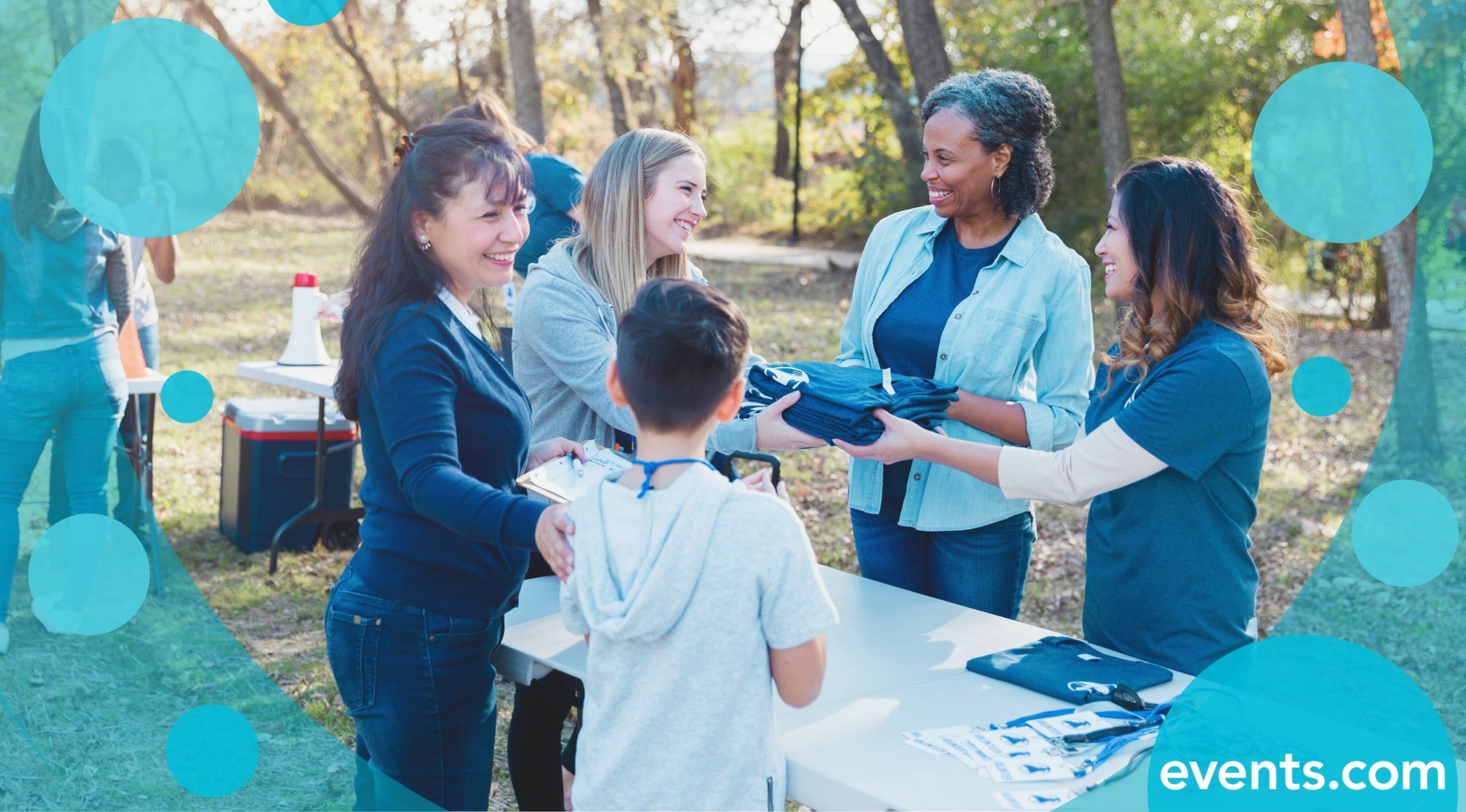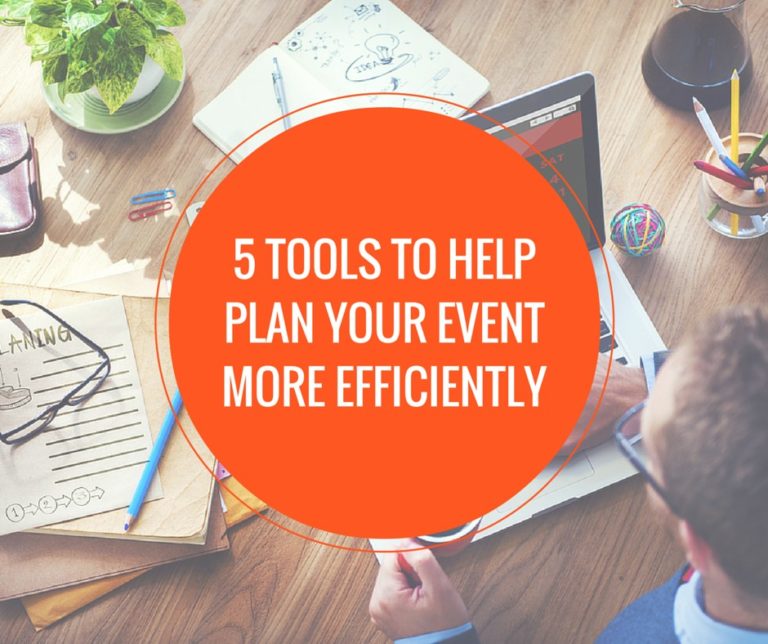In-person events are increasing as the world normalizes, and virtual events remain a popular option for certain businesses, concerts, fitness challenges, races, and other festivities. In a post-pandemic era, hybrid events have become standard as well.
All of this means that you must consider the in-person and online community you’re building your event around. There are plenty of do’s and don’ts in the event planning world. Event organizers should understand why this information matters, what an event community-building strategy entails, and how to build a successful one.
What Is an Event Community Building Strategy?
An event community-building strategy prioritizes the people who live and work nearby. It encompasses ideas and methods that create resilient bonds within a group. When you’re successful at it, members will return and even increase levels of participation in future events because you’ve made them feel valued and appreciated.
The best way to start is by defining your goals and developing community event ideas that you can incorporate into your plan.
The Importance of Event Community Building
Event community building is important for all who are involved, but for different reasons. For the event organizer, it helps increase loyalty and foster a sense of belonging between the event organizer, hosts, and participants. For attendees, having a community they can turn to can help them feel heard and encourage them to fellowship with other like-minded individuals.
How To Build a Successful Event Community
There are several steps that you can take to build a successful event community.
Choose a Community Platform
The first step you should take in building an event community is to choose the right community platform or online space. Several event community software platforms exist to cater to community building, and choosing the right one can impact the success of your community-building efforts. Some platforms have a better design for communities, so it’s important to look for one with features for community building.
With all the choices out there, choosing the right one can quickly become overwhelming. However, there are a few strategies that can make choosing a community platform less stressful:
- Decide on your vision: When choosing a platform, you first want to consider what your community looks like and its purpose. Create a mock-up to help you understand your target audience and how they can participate in your community. It can include assigning administrative tasks to community managers, accepting feedback on errors and bugs, and conducting surveys on how your community may feel.
- Make a list of must-have features: The best platform for you should provide you with your most wanted features. It’s important to find one that offers a few extras to ease the process and aligns with what you need to host successfully.
- Compare platforms: The easiest way to make your selection is to compare platforms and software and narrow it down to three to five. Compare them in terms of pricing, features, and community-building aspects.
Some features to consider include:
- Event management: Some platforms may offer better event management tools, such as the ability to build branded event pages, integrate streaming services, create digital event pages, sell merchandise, send out invitations, and create tickets with exclusive access features.
- Event marketing: Event marketing is a nice feature to have because it allows you to build an event marketing campaign to increase your ticket sales through automated event promotion on social media and event marketing strategies tailored to your needs.
- Event sponsorship: For clients with sponsors, event sponsorship will allow you to load potential sponsors into a database for easy access and organization. You could use it to track inventory and pricing and create, modify, and send proposals.
- Additional event tools: Other nice-to-have features include affiliate program tools, event restrictions, corporate group management, and refer-a-friend tools.
Establish Community Guidelines and Policies
Community guidelines and policies allow you to relay values and establish standards for behavior among attendees for virtual and in-person events. It’s a great way to communicate expectations and hopefully reduce stressors on event staff and volunteers.
Make sure the guidelines and policies fit the type of event you’re hosting. If it’s online, you may want to mute attendees or ask them to mute themselves unless invited to speak. For an in-person festival, you’ll have areas that are not open to guests for safety or privacy reasons. Letting folks know ahead of time that these rules apply can save a lot of trouble.
Assign Trustworthy Community Managers
Community managers can handle tasks and make your job as a leader less stressful. Provided you delegate often, you’ll be able to assign tasks that support your audience when needed and promote the event’s goals. Community managers can give insights into audience preferences and be the middleman between you and your community.
When selecting a team, stick with those you feel are trustworthy. You’ll be giving a lot of responsibilities to them, and you need to know that they can handle it. You also want to ensure that you’re putting together a team of people who can work well together. Organizing and hosting a community event is a hefty job — you don’t want to make it harder because personalities constantly clash.
Select the best community managers you can access and ensure they receive the training to do their jobs well.
Identify a Common Cause or Purpose That Members Can Unify In
Once you’ve identified commonalities, you can focus on creating valuable content that will bring a community together. Having a common cause or purpose creates connection and encourages engagement.
If you’re unsure of what your members may have in common, now would be the perfect time to spark conversation in your group. Generate content that exists for the sole purpose of getting to know one another. It can address community issues, like what type of improvements should be made in the area, or something silly, like whether a peanut butter sandwich is better with strawberry or grape jelly.
Give Participants a Voice
Building loyalty within your community can take time. Prioritize your audience. Allow them to have a voice. Make them feel valued and respected. When you do, they will respond with support for future events.
To achieve this, you must be willing to consider feedback and implement anything that benefits the community. Your community events will grow as participants see that their suggestions are addressed.
Encourage Continuous Audience Engagement
To ensure that your community remains active, encourage them to participate in various community events. Host virtual game or movie nights, take polls and surveys, and post engaging content where your audience can share their own experiences.Â
Host In-Person Events
As you’re building your event community, you should consider social events to link up with your audience in person at a community event space. These can be local or take place in bigger cities, have different themes, and be private or public.
Either way, you’ll also want to ensure that your in-person event is worth attending. Think about what best fits your community, and maybe partner with local vendors to offer discounted travel accommodations. You’ll also want to consider what you want to provide at the event, such as music, live performances, other entertainment, and food and beverages.
Onboard Event Sponsors
Sponsors can be a great way to entice people to join your community or to attend in-person community events, but how do you secure them? You’ll want to answer the following questions as you compile a list of potential event sponsors:
- What makes this sponsor a good fit for the event?
- Will sponsorship in name alone be enough?
- Do they need to support your event financially?
- Do you want them to contribute food and drink?
- Should they supply your event with auction items to entice a bigger turnout?
- How does sponsorship benefit them?
Once you’ve set expectations, you can approach them with a sponsor proposal that includes what they will get in return.
Request and Take in Attendee Feedback
Feedback will give you insight into what your community members and audience value the most and what they want to see incorporated into your group. Request feedback regularly with surveys, and implement it to show your audience that you hear them.
It will also allow you to improve in areas you may not have considered faulty initially, which can go a long way in building relationships and bringing new members on board.
Build More Than Just a Community With Events.com
Are you struggling with community event planning and building and maintaining a community? It’s okay — knowing where to begin can be a struggle. Luckily, Events.com can help.Â
With it, you’ll get high conversion rates, custom landing pages, data and analytics, and more. Use the simple fee structure, easy onboarding, and 24/7 support to ensure that your event planning is in good hands.






